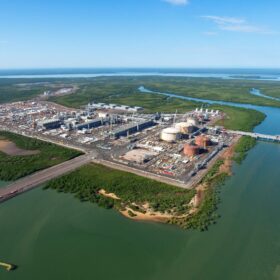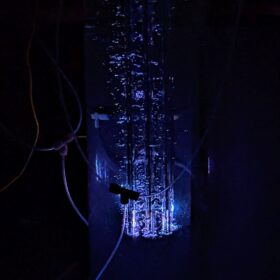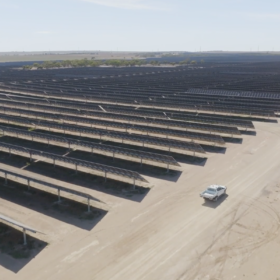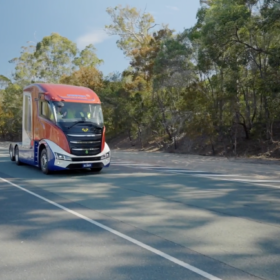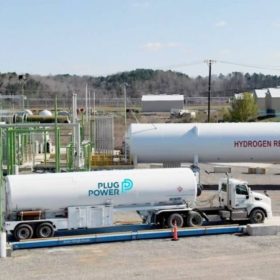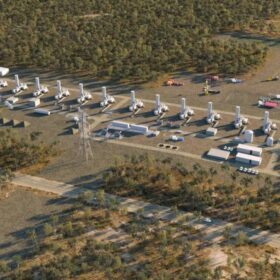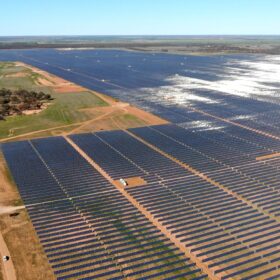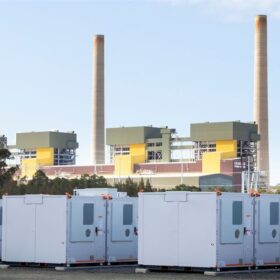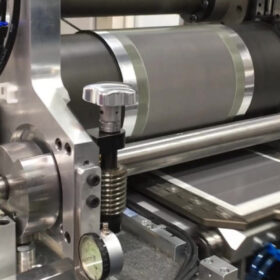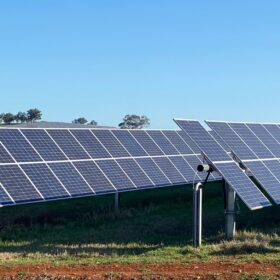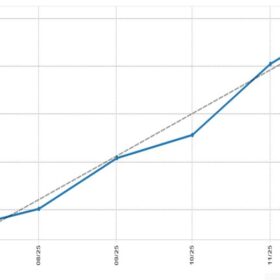Samsung planning ‘mega-scale’ renewable hub and manufacturing in the NT
South Korean technology giant Samsung is reportedly looking to develop a ‘mega scale’ renewable generation, storage, and green manufacturing hub in the Northern Territory, its government has announced. However, no actual details on the size, nor any real specifics, appear to be known.
The case for ultra-deep e-methanol storage
A key success factor in managing energy crises in a decarbonised grid is seasonal energy storage or ultra-deep storage, as we like to call it. The discussion has traditionally circled around the pros and cons of different energy storage technologies like pumped hydro and flow batteries, or the feasibility of using hydrogen as a storage medium. However, the most cost-efficient solutions may actually lie outside of the electricity sector.
Message framing techniques to boost solar sales
A Dutch-German research team has tested how a series of framed messages may be used to boost PV system sales, addressing both self-interest and environmental concerns, and has found that all the proposed messages are effective at promoting the purchase of solar panel installations.
Sri Lanka launches 70 MW ground-mounted solar auction
Sri Lanka’s government-owned Ceylon Electricity Board (CEB) is inviting applications for the development of 1 MW to 5 MW ground-mounted solar projects – totaling 70 MW – with 20-year power purchase agreements (PPA).
UNSW researchers claim to have developed method for viable, decentralised green ammonia production
Researchers from UNSW say they have found a commercially viable pathway to the decentralised production of green, renewable ammonia. An alternative to the traditional Haber-Bosch method, the researchers used nanosecond pulsed plasma bubbles coupled with electrocatalysis.
SA solar park doubles in size as phase 2 finally enters operations
The commissioning of stage two of Vena Energy’s 180 MW Tailem Bend solar farm in South Australia is now complete, with a 41.5 MWh battery to be coupled shortly. Tailem Bend 2 was first energised in February, but took until now to be fully commissioned.
First hydrogen-powered prime mover truck hits Australia’s commercial market
Australian company Pure Hydrogen has announced that its ‘Taurus’ hydrogen fuel cell prime mover is now available for sale.
Fortescue applied for vast land tenements in WA Pilbara just after scrapping Uaroo
Fortescue has applied for land tenements spanning 150,000 hectares, an area twice the size of Singapore, to build renewable projects to supply its operations in the Pilbara region of Western Australia.
Plug Power shares collapse
Plug Power has issued a warning about its 2023 financial performance due to supply challenges in North America, while Air Products says it is cementing its collaboration with Chengzhi in China.
CS Energy pens supply agreement for ‘hydrogen ready’ power plant
CS Energy has signed an agreement with United States-headquartered GE Vernova for the supply of key equipment for Queensland’s first “hydrogen-ready” gas peaking power plant which will initially be capable of operating on 35% renewable hydrogen.
